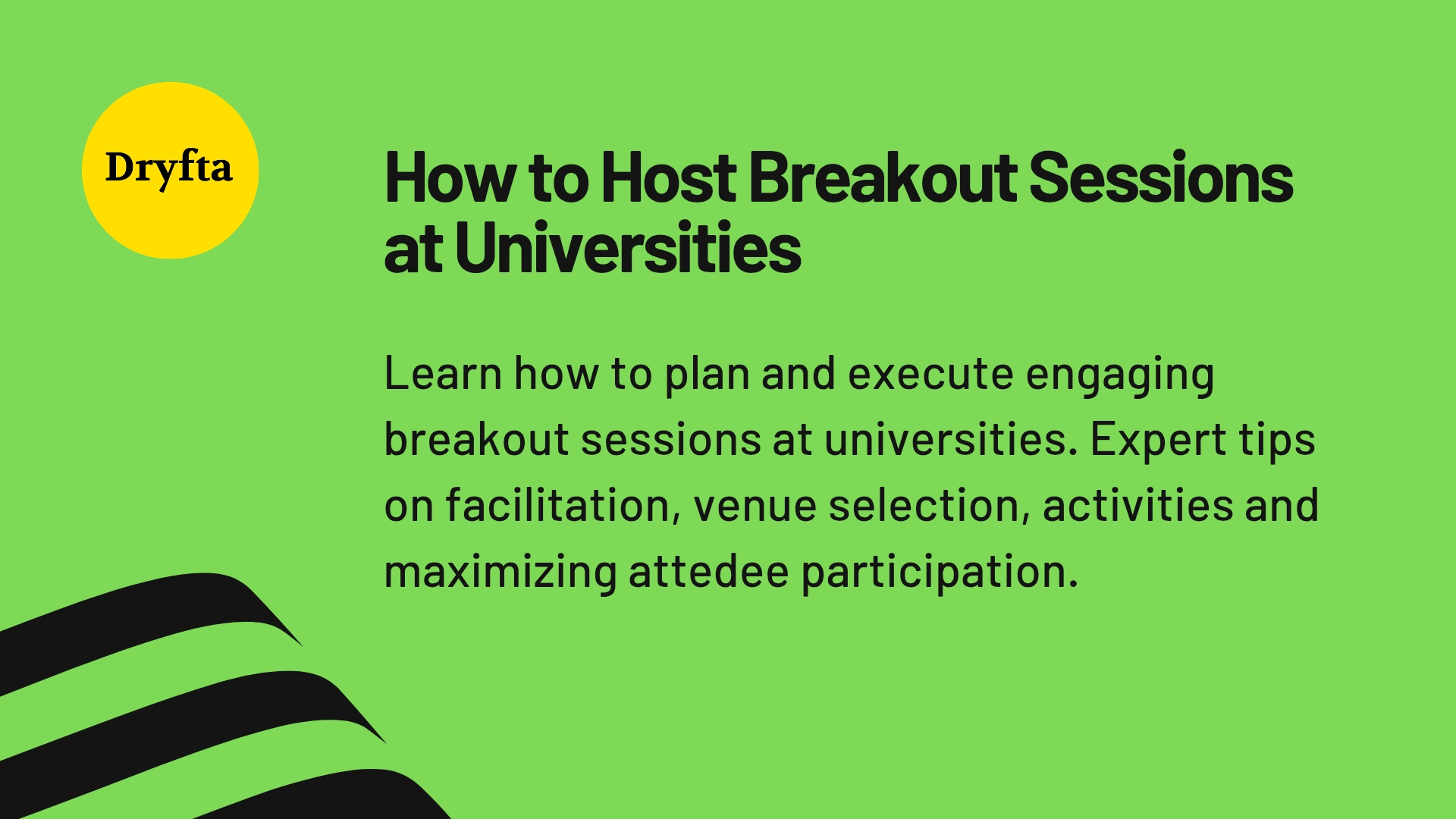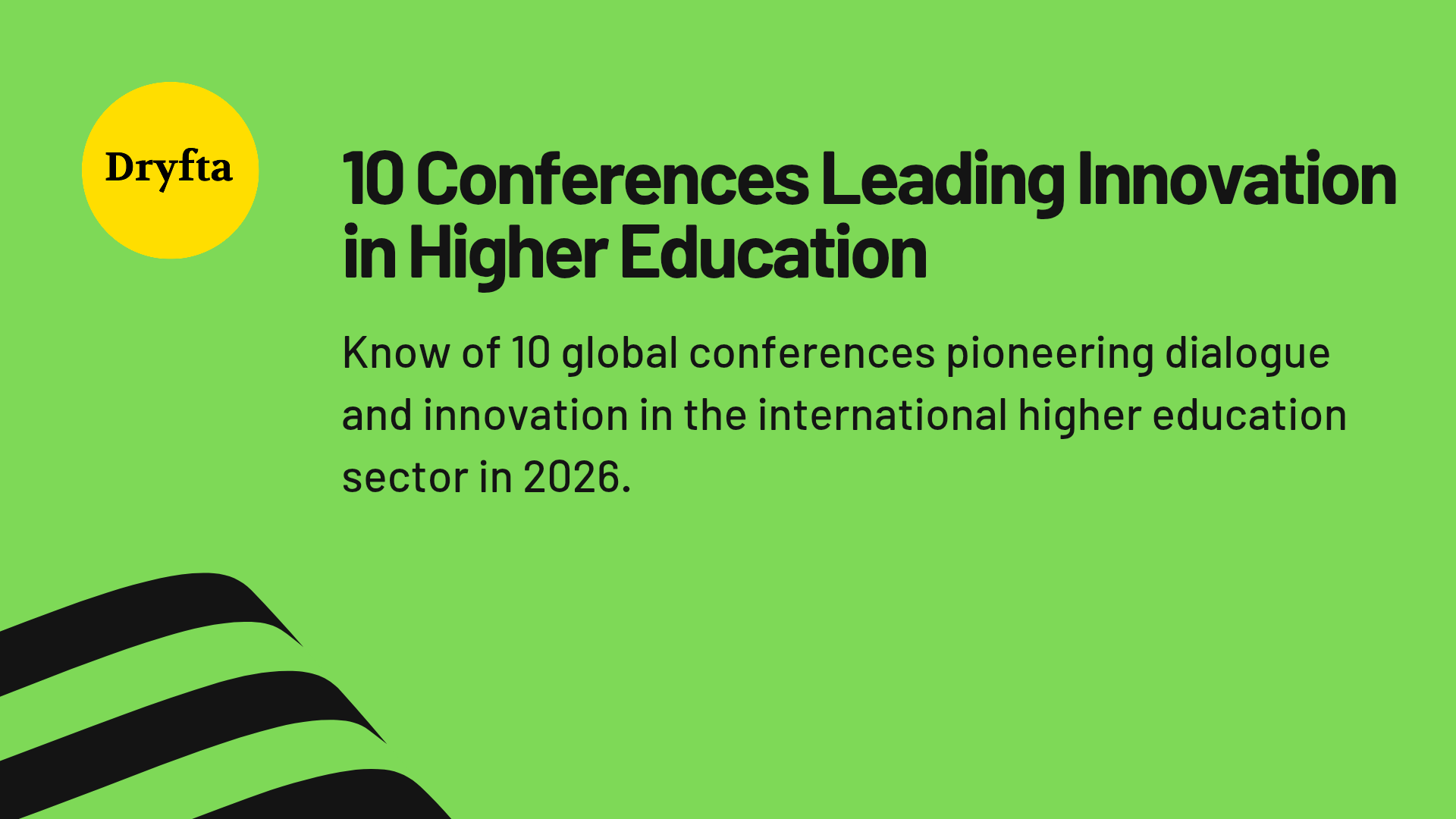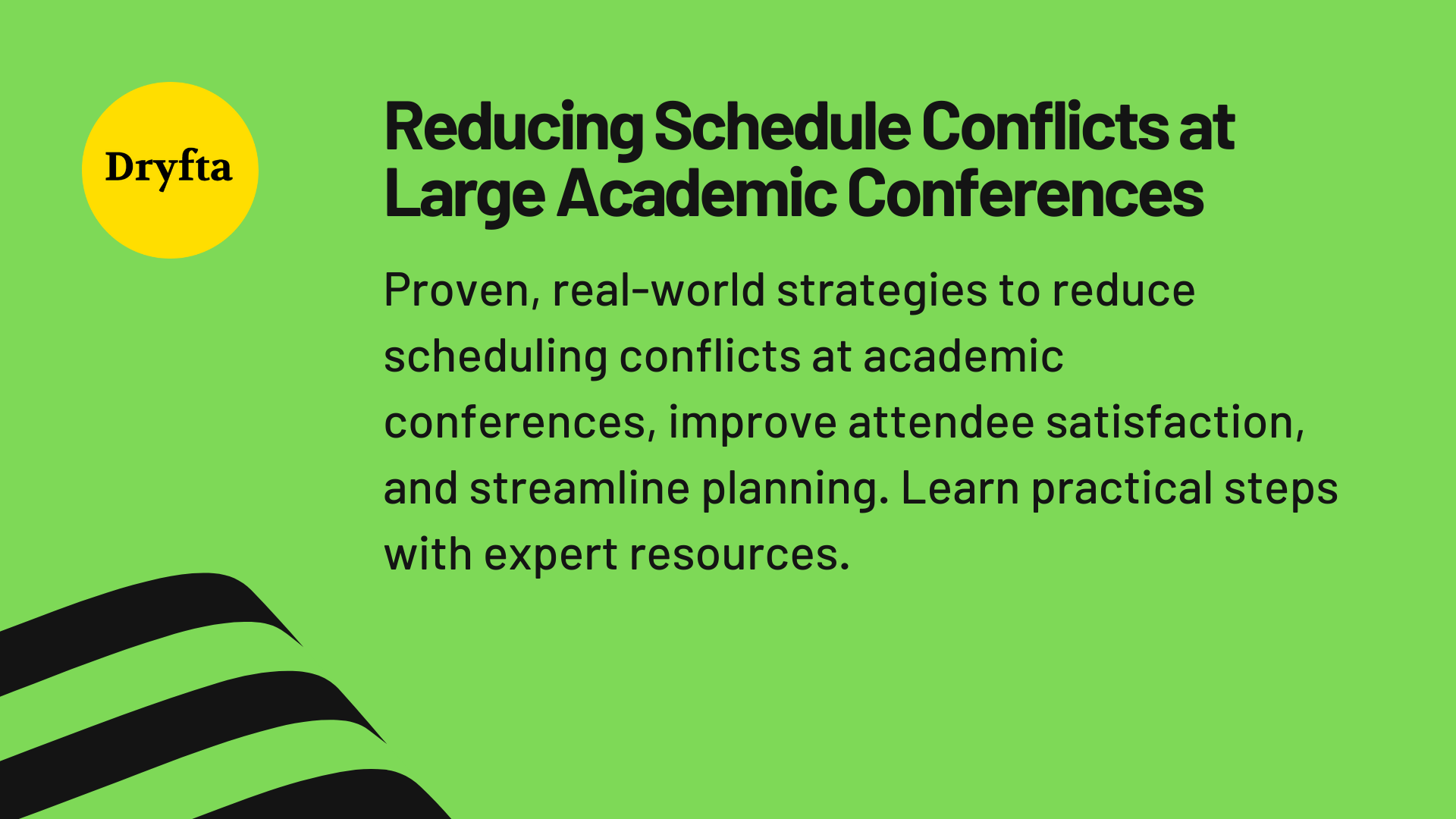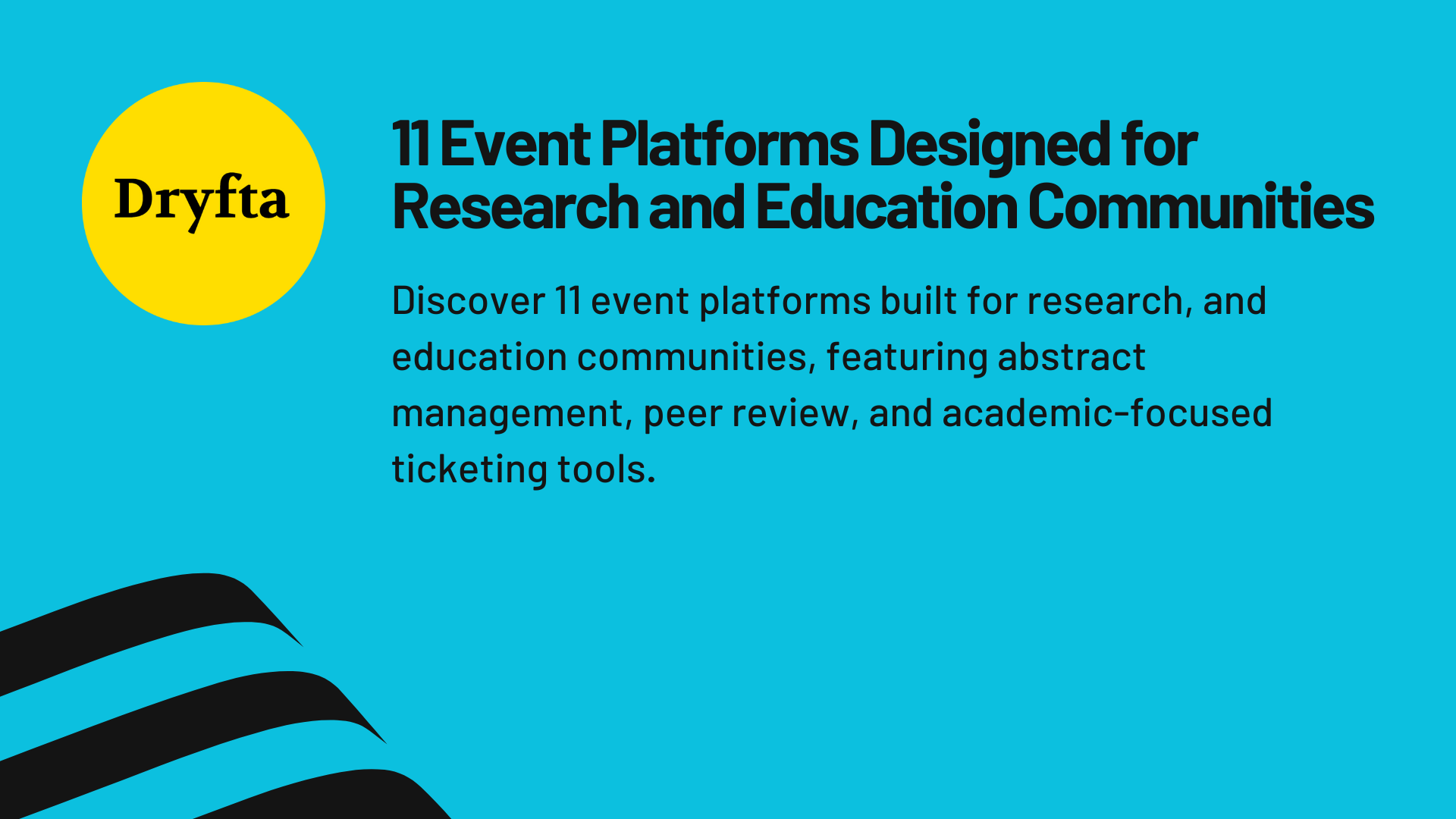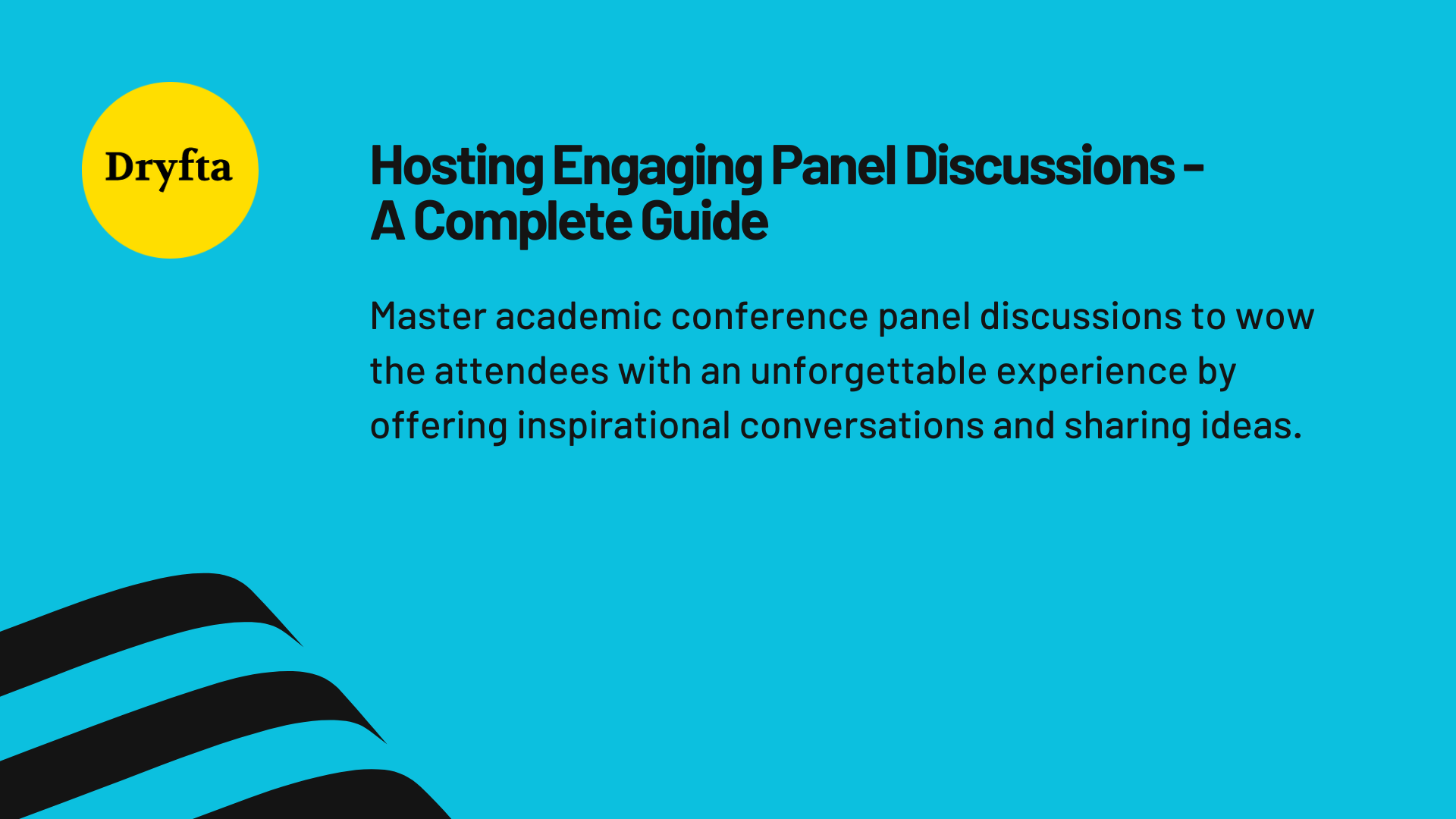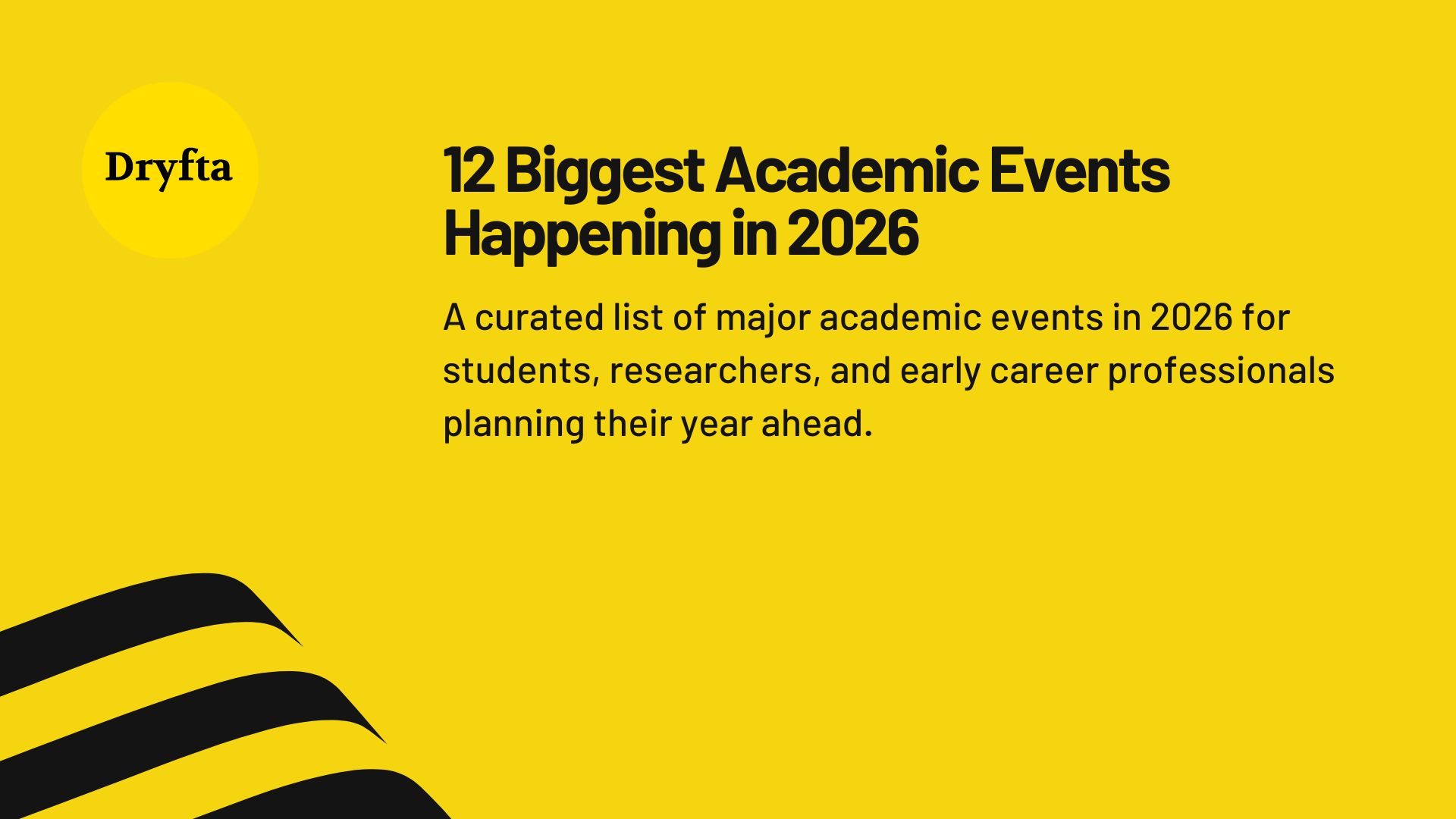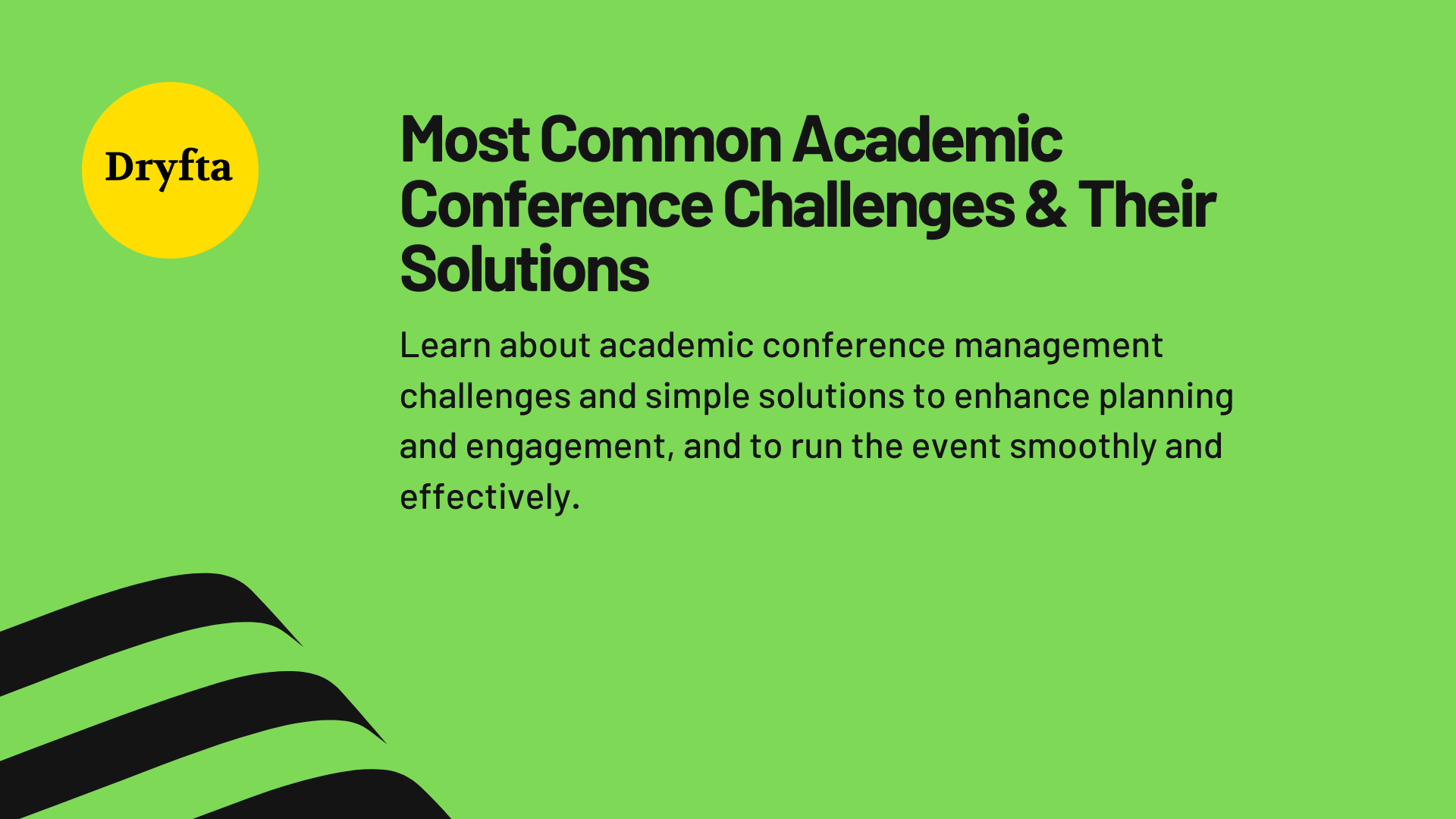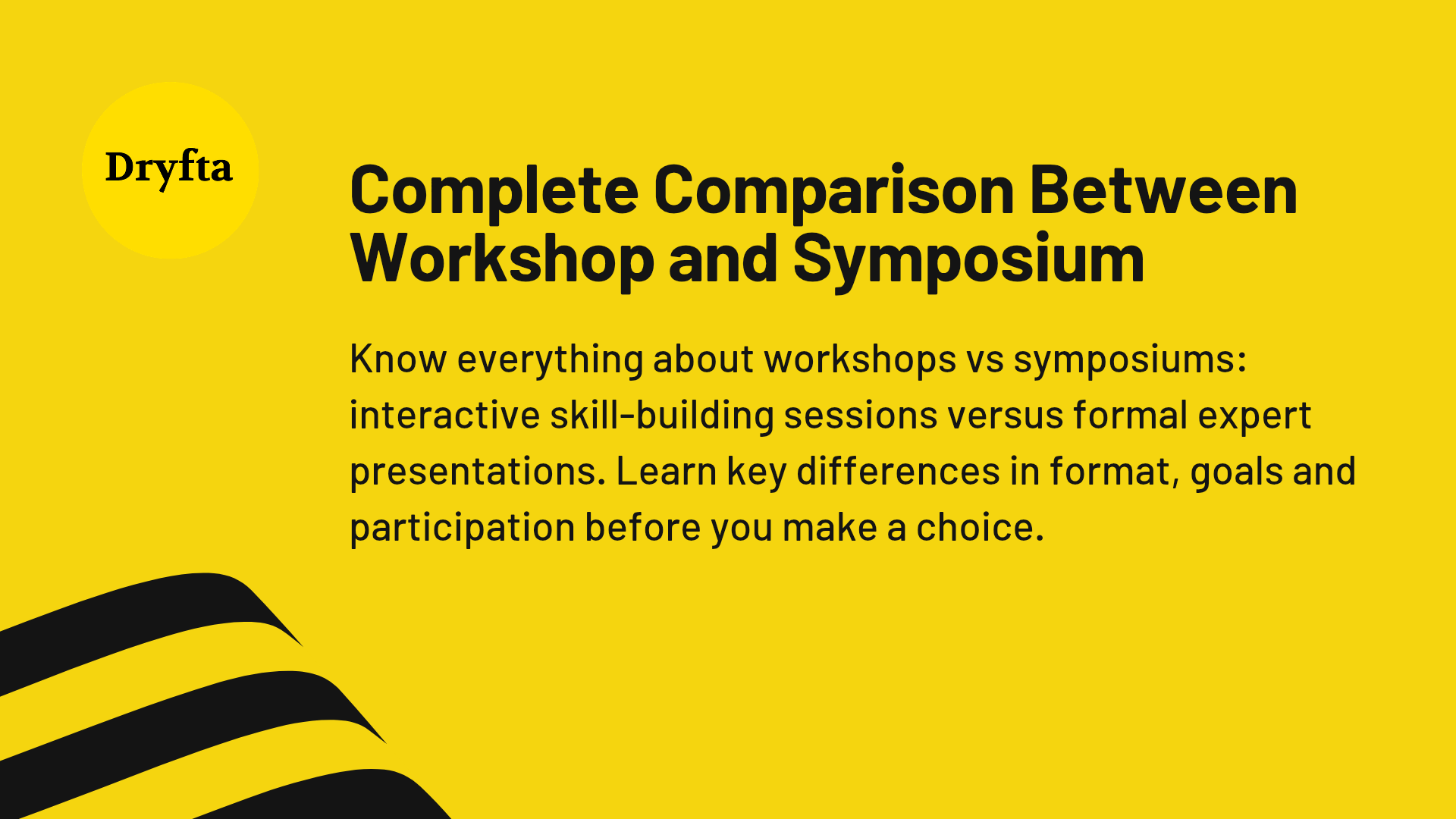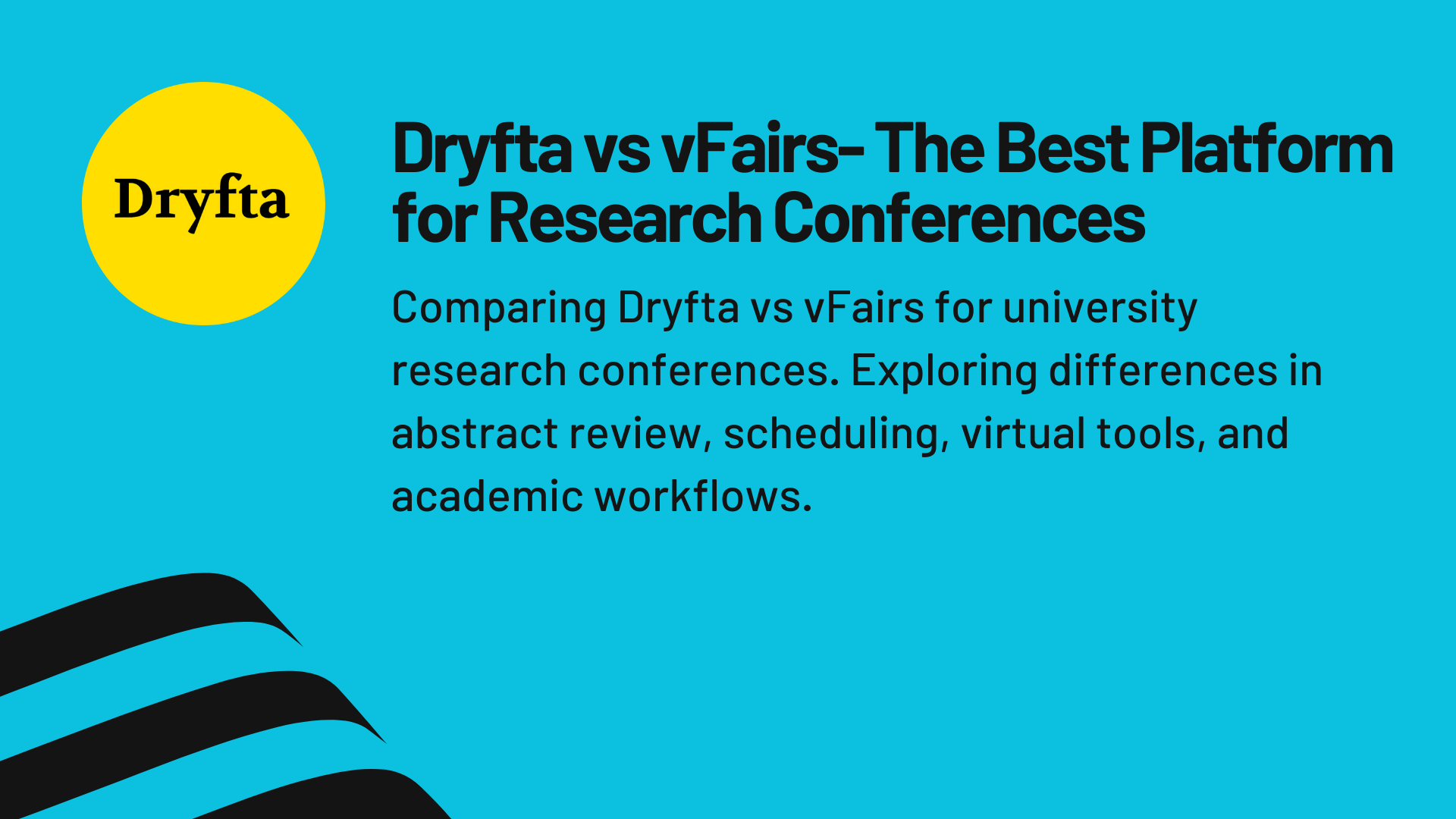
The university research conferences have changed over time. Initially, it was a process that was built around emails, spreadsheets, and different tools. However, now it needs a more structured system that can handle the registrations, submissions, peer review, session scheduling and engagement in one place. Universities need platforms that respect the academic workflows while supporting hybrid and virtual participation. Continue reading






